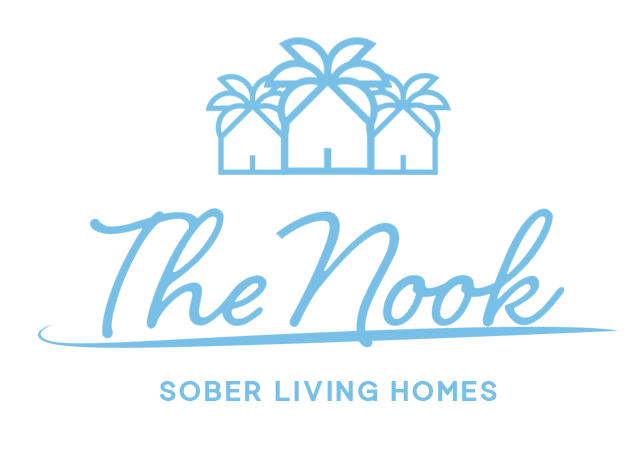Cocaine is one of the most addictive drugs on the planet. Long associated as the “party” drug of the 1970s, many users can become addicted to cocaine after just one use. Statistics from the National Institute of Drug Abuse (NIH) show that 5.2 million people aged 12 or older reported using cocaine in the last year. It is also estimated that 200,000 people died due to overdose in 2020. While cocaine does not get the media attention shown to opioid medications and alcohol, many people still use the drug and become addicted in a short period.
This article will focus on the signs of cocaine use and why the drug is so addictive. We will also discuss the signs of cocaine addiction and where you can get treatment. Are you addicted to cocaine and need help? Do you need to be in an environment where your health and sobriety come first? Call the Nook today and learn more about our men’s sober living programs.
How Addictive is Cocaine?
Cocaine is a potent stimulant drug that profoundly affects the brain’s reward center. Cocaine blocks the neurotransmitter dopamine from being reabsorbed in the brain. With large amounts of dopamine lingering in the brain, the drug produces intense feelings of euphoria and energy. When the effects of cocaine begin to diminish, the brain becomes overworked and is unable to produce dopamine on its own. To replenish dopamine, users must use cocaine repeatedly.
In a short period, people develop a tolerance to cocaine. To replicate the feelings of euphoria felt when they first took the drug, people take more and more cocaine. This creates increased physical and psychological dependence on the drug, and people quickly become dependent and addicted to cocaine. When people are addicted to cocaine, they use the drug to function on a daily basis and not for the immense high. Cocaine is often used with other substances, such as alcohol and heroin. These combinations increase the risk of overdose, coma, and death.
What are the Signs of Cocaine Use?
Many addicts will attempt to conceal the signs of cocaine use from family and friends. However, there are telltale signs of cocaine use that indicate that the drug is actively being used. Some of the telltale physical signs of cocaine addiction are bloodshot eyes, excessively watery eyes, and chronically runny nose. Behavioral signs of cocaine use include rapid swings in mood. People who are quiet and moody can become the life of the party and full of optimism after using cocaine. Likewise, people can become quickly agitated and aggressive when the effects of cocaine wear off.
Perhaps the most telling sign of cocaine addiction are the withdrawal symptoms. Common cocaine withdrawal symptoms include:
- Depressed mood
- Fatigue
- General feeling of discomfort
- Increased appetite
- Vivid and unpleasant dreams
- Slowing of activity
What Causes Cocaine Addiction?
There are a variety of factors that make people vulnerable to cocaine addiction. A significant cause of cocaine addiction is a family history of use and family members who are actively using the drug. In addition to family, being among friends who use cocaine and encourage its use can make people more vulnerable to using the drug. Another cause of cocaine addiction is an undiagnosed or pre-existing mental illness. Instead of seeking mental health treatment, people often resort to cocaine and other substances as an easy way to cope with their feelings and avoid the stigma of mental illness.
If you or a loved one are addicted to cocaine, now is the time to get help. To break free from cocaine addiction, you need to find a healthy environment conducive to addressing your addiction in a supportive and non-judgmental environment. The Nook Sober Living provides men’s sober living in Los Angeles with the professional help they need while creating a strong support network that empowers and motivates men to live healthy lives. We offer evidence-based sober living programs, clinical assistance, and case management. Call The Nook today and break the grip of cocaine addiction for good.

